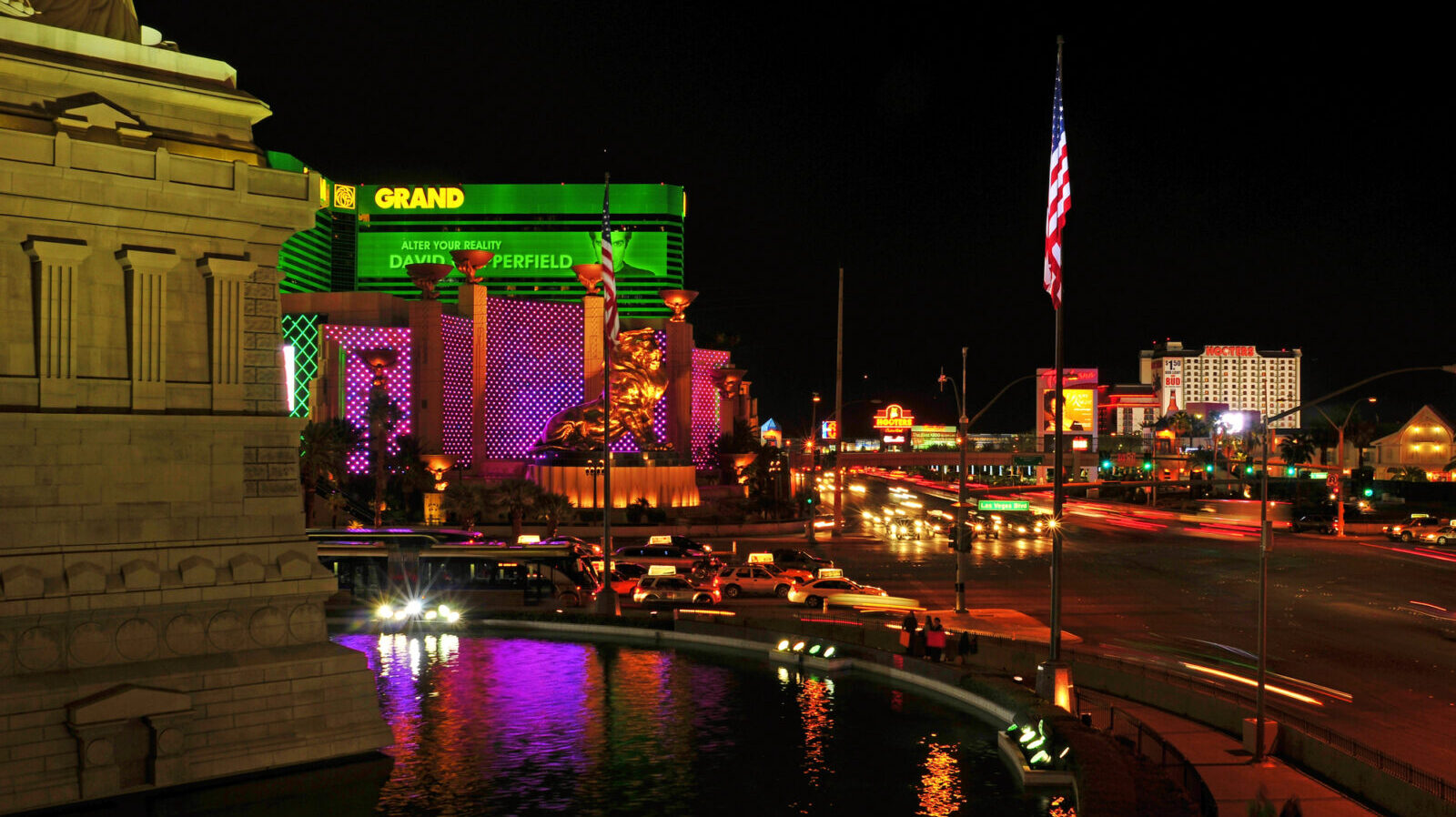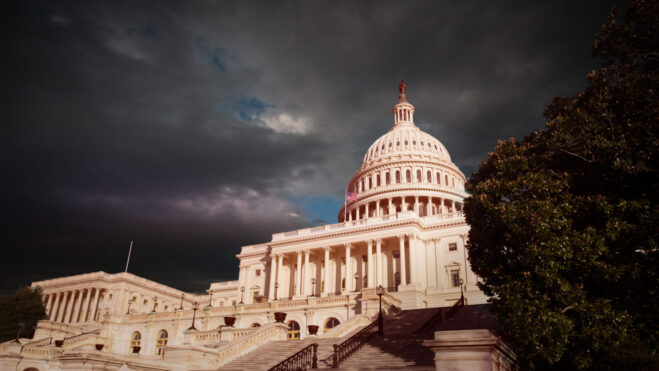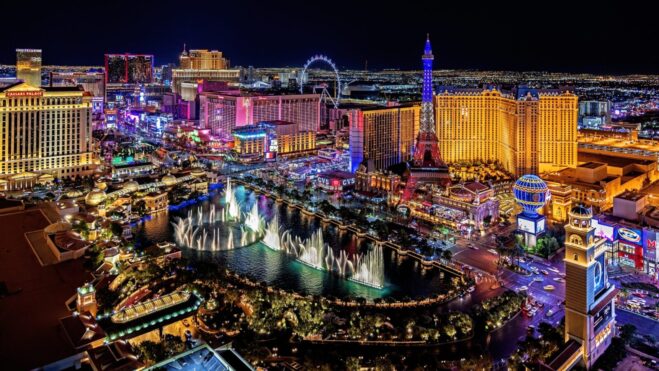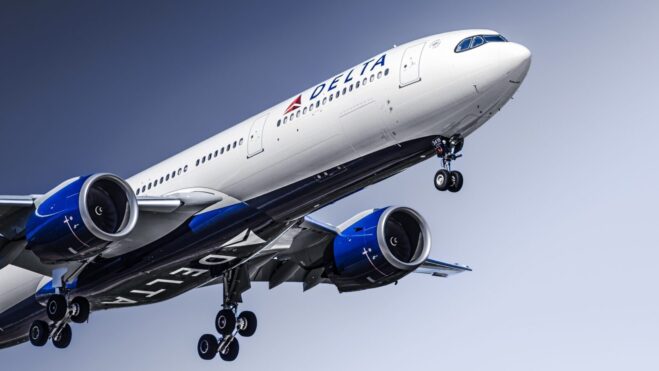Schuetz: The Casino Industry Needs To Get Its Own, On-Shore, House In Order
Will state regulators do anything beyond joining letter-writing campaigns? Or will they abdicate to the federal government?
5 min

To a degree, it was funny.
With the repeal of PASPA in 2018 and the subsequent rapid growth of legal sports betting across the U.S., there has been an increasing drumbeat against offshore betting shops taking action from people in the U.S.
The gaming industry’s lobbying entity, the American Gaming Association, often carries the torch in this movement. This group helped orchestrate a letter signed by several state gaming regulators to U.S. Attorney General Merrick Garland in April 2023, imploring him to interrupt the U.S. trade with offshore books.
What became ironic about this was that on Jan. 25 of this year, one of the largest casinos in the U.S. was reported by Richard Velotta in the Las Vegas Review-Journal to be in direct violation of the AGA’s wishes. “Over the course of three years,” Velotta wrote, “MGM Grand took in more than $4 million in cash from an illegal bookmaking operation that federal officials say its former president allowed to operate freely within the casino.”
You can’t make this stuff up.
As a result of these misdeeds, MGM Grand has agreed to a Non-Prosecution Agreement (NPA) to pay more than $7 million in fines and other expenses and has agreed that it needs to become better at compliance and anti-money-laundering efforts. The MGM Grand is owned by VICI Properties and is operated by MGM Resorts International.
The MGM Grand casino is eight miles from the Nevada Gaming Control Board offices, and the NGCB chairman was one of the signatories of the letter mailed to Merrick Garland.
One would note that while Attorney General Garland seemed uninspired about stopping the offshore operators from accepting U.S. bets, his organization did bust this illegal betting operation working out of the MGM Grand, right in the Nevada Gaming Control Board’s very onshore backyard.
Hot tip, cold response
It gets more curious. It appears that a gentleman named R.J. Cipriani, who carries the X handle of @robinhood702, a noted personality and gambler in Las Vegas and beyond, had warned MGM Resorts International Chairman and CEO Jim Murren and other MGM executives about the nonsense that was taking place in the MGM Grand and beyond as early as 2019. He also copied the Nevada Gaming Control Board.
They all apparently found nothing.
Cipriani also notified the feds, which did find something, and MGM is paying a heavy price for that reality. It is probably somewhat embarrassing when a California office of the U.S. Attorney’s Office has to impose financial penalties and explain to a Nevada casino that it should not facilitate money laundering to support an illegal bookie sometimes operating in its building.
One also has to imagine that an organization such as the Nevada Gaming Control Board needs to appreciate that this type of thing does not enhance its reputation. When an out-of-state law enforcement entity finds the type of mischief that the NGCB is supposed to prevent or, at the very least, stop, it looks like the NGCB is either incompetent or on the take. This is especially true when the agency has had someone feeding it information that, in retrospect, appears to have provided another law enforcement agency with the level of insight they needed in their investigation.
More allegations, more NPAs
This particular incident with MGM Grand follows another rather embarrassing revelation involving MGM Resorts International.
BetMGM provides online sports wagering and online gaming products and is a joint venture between MGM Resorts International and Entain Holdings. MGM Resorts International is also the operator of MGM Grand. As discussed, the MGM Grand entered into a $7-million-plus Non-Prosecution Agreement in January 2024 for activities involving facilitating an illegal bookie to process serious amounts of cash through MGM Resorts International casino(s).
One month earlier, Entain entered into a $730 million Non-Prosecution Agreement with the U.K. authorities for alleged bribery offenses. The firm’s CEO, Jette Nygaard-Anderson, stepped down a week later. More importantly, the Financial Times reports that individuals may still face charges, indicating that there may be more ghosts in the Entain closet. The investigation of the bribery charges was announced by the company in 2020, and there are current executives within the company whose tenure began many years earlier.
What is fascinating about these two situations is the length of time that the inappropriate activities apparently went undiscovered by both firms, without the regulators having any insight and with the business leadership either unaware or complicit.
There is also a question about the degree of due diligence either firm involved in the joint venture performed on the other. One also wonders how the gaming regulatory agencies missed these underlying situations within the background-check process the firms should have been subjected to before securing or renewing a gaming license.
When things like this are missed, the public can easily conclude that the firms and the regulatory agencies are corrupt and/or incompetent. Such things can damage the brand of legal gaming and adversely impact the industry’s sustainability.
It will be interesting to see where this goes from here.
One thing that will definitely happen is that in those new markets MGM wants to enter, MGM’s competitors, who also want to enter those markets, will ensure that any dirt they can find will be delivered to the politicians and journalists in that new jurisdiction. After all, who wants a firm to enter a market when it and its business partners have been involved in bribery in one jurisdiction and also facilitating money laundering for an illegal bookie in another?
Battles for new markets can get ugly, and MGM has just given its competitors a bushel basket of filth to throw in the middle of those battles.
A whale of a tale
There is another interesting angle to this all.
In 2006, a gentleman named Terrance Watanabe was a very high-end player in Las Vegas. He initially stayed at Wynn until Steve Wynn suggested that his drinking and behavior made him a persona non grata. Watanabe then navigated to the Rio and Caesars Palace, both of which were owned by Harrah’s (renamed Caesars in 2010).
For 2007, it was generally accepted that Watanabe lost approximately $127 million. In that much of his play was on credit, it has been noted that he had repaid $112 million. All good things must come to an end, however, and he was sued by Harrah’s in 2009 for $14.7 million that he had not paid back.
This generated a stream of litigation between the two parties where there were rather convincing claims that the Rio and Caesars had supplied Watanabe with prescription drugs and substantial amounts of alcohol. There were also suggestions that Watanabe had been sexually abusive to some of the casino employees. However, this was never resolved in a court of law, for the parties opted to settle the cases in 2010.
Interestingly, the New Jersey gaming regulators fined Caesars $225,000 for not protecting its employees from the advances they claimed Watanabe made before the settlement. They also suggested that he was using illicit drugs. What was interesting about this was that this fine was not levied until 2013, and none of the events took place in the state of New Jersey. New Jersey’s logic was that Caesars owned four casinos in the state then, and how they handled the Watanabe situation could damage the industry’s image. This gave New Jersey the right to act.
The state of Massachusetts also became involved in the Watanabe situation. While the state was in the process of preparing to award casino licenses, its gaming commission had prepared a large investigative report about Caesars’ suitability to participate in the market. The report dedicated a portion to the situation surrounding Watanabe. As a result of the investigative report, Caesars opted to withdraw its application.
Takeaways and lingering questions
One wonders if today’s regulators will demonstrate this cross-market aggressiveness by helping their licensees understand that inappropriate behavior in one jurisdiction can have serious consequences in another. One also wonders if the Nevada Gaming Control Board will raise its head above the parapet and say anything.
The situation with MGM will allow us to learn if the state regulators plan to do anything beyond joining letter-writing campaigns or if we are seeing a seismic shift in which the state regulatory agencies are abdicating their responsibilities to the federal government.
A man who was an illegal bookie operated, off-and-on, out of the MGM Grand for several years, violating some of the core principles of integrity in gambling — and they and the regulators either did not know or did not care.
It appears that Merrick Garland is telling the industry to clean up its own backyard, and if they won’t, maybe he will.






